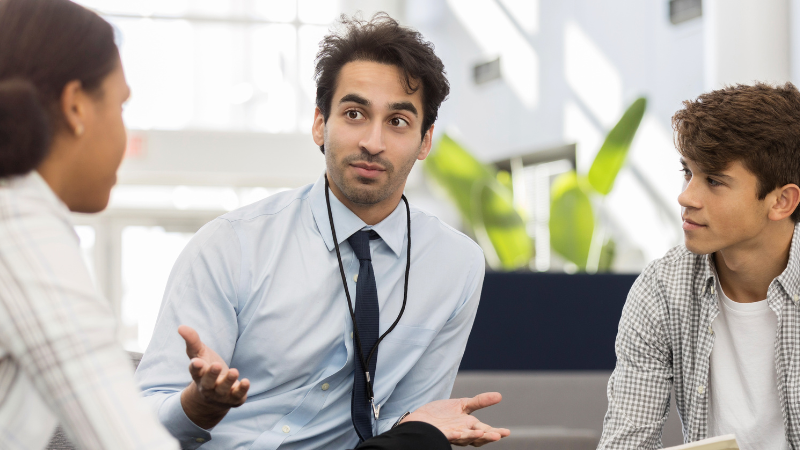What is an Independent Therapeutic Educational Consultant?
Educational Consultants that work with families that have at-risk teens typically have extensive experience in crisis intervention, dealing with oppositional behaviors, and other emotional/behavioral difficulties.
Educational Consultants focus on finding the best solutions and specialize in therapeutic boarding school, residential treatment and wilderness placements. Educational consultants know the schools and programs and have an in-depth knowledge of the program differences and quality of the staff.
Fees… Some consultants charge an hourly fee, while others offer an overall fee for the whole process from start to finish. Ask your consultant what the fee includes. [Note: Consultants should not receive any incentives from the programs they refer to.]
The process… Consultants collect information including school transcripts, therapeutic evaluations, medications, and possibly do some psychological or academic assessments to help identify your child’s strengths and weaknesses. The consultant then gives your family the full range of options that best fit for your child.
Finding a consultant… Referrals are always a great way to go when looking for a consultant. There is also a national organization, IECA, and these approved member consultants are trained experts and the website, IECAonline.com is a great resource for learning more.

